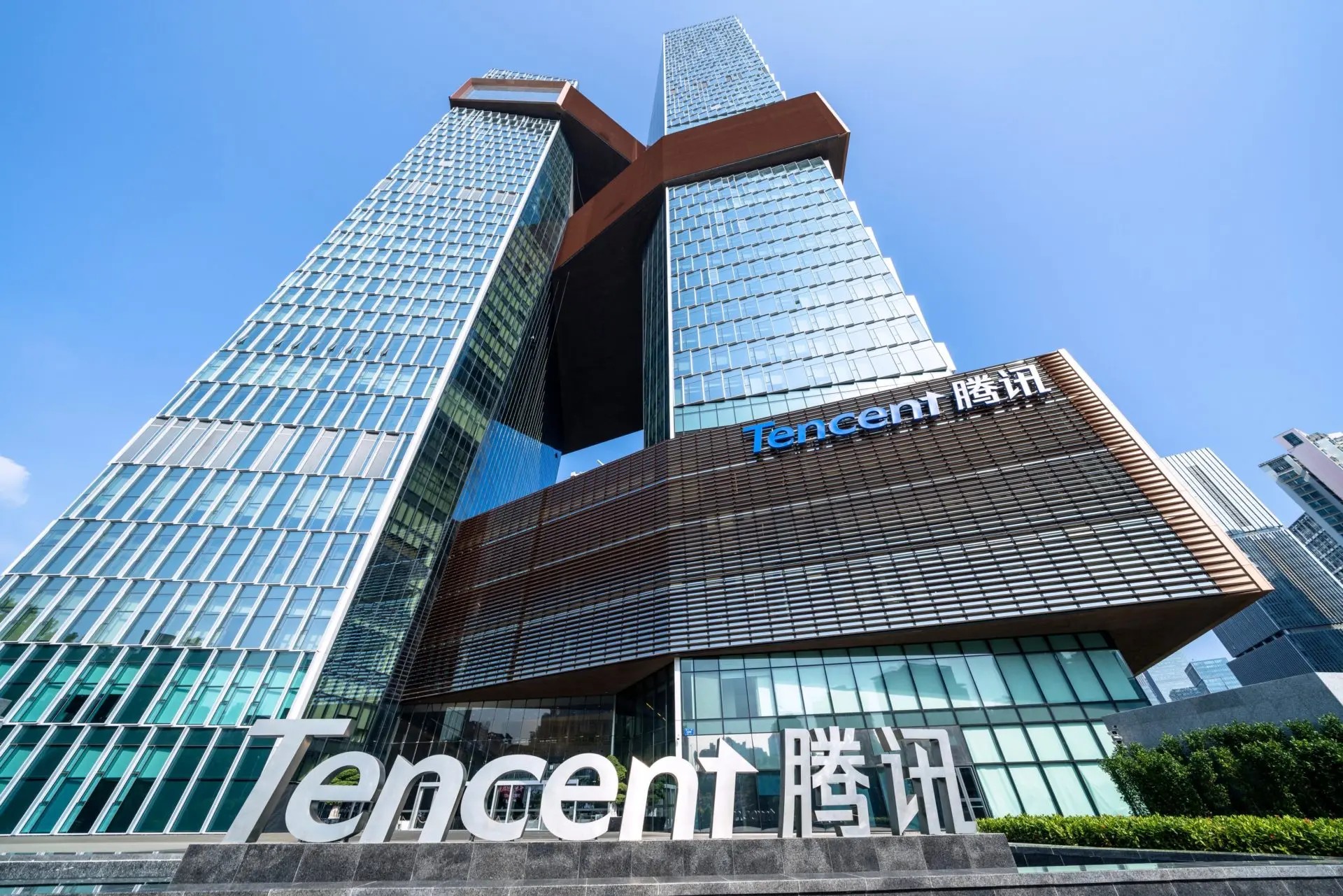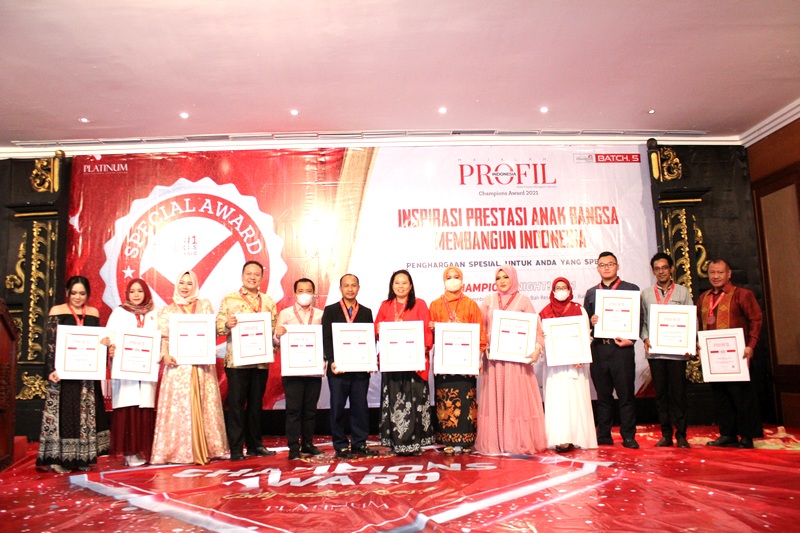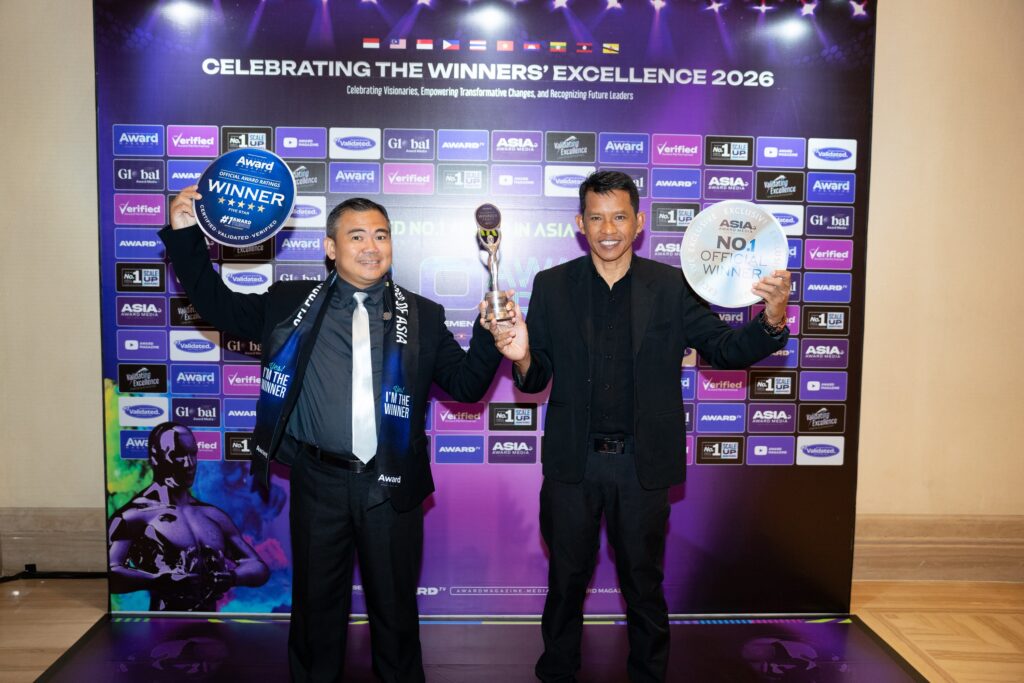The United States has taken another significant step in its ongoing effort to counter China’s technological and military advancements by designating Tencent Holdings Ltd. and Contemporary Amperex Technology Co. Ltd. (CATL) as companies allegedly supporting Beijing’s military. The move reflects Washington’s heightened scrutiny of China’s military-civil fusion strategy, which seeks to integrate civilian innovations into military capabilities.
Tencent, a global leader in social media and gaming, and CATL, the world’s largest manufacturer of EV batteries, have now been included in the Pentagon’s 1260H list, a catalog of firms purportedly linked to China’s armed forces. The US Department of Defense has described the list as an essential tool for addressing security risks posed by China’s strategy to eliminate barriers between civilian and military sectors. Although this designation does not immediately impose sanctions, it poses a significant reputational challenge for the companies involved, potentially deterring US partnerships and foreign investment.
The announcement, published in the Federal Register, has already impacted the financial markets. Shares of Tencent, the operator of the Chinese super-app WeChat, fell by 6.5% on the Hong Kong Stock Exchange. Similarly, CATL’s shares on the Shenzhen Stock Exchange dropped by over 3%. These declines signal market concerns about the potential long-term consequences of the US accusations on the companies’ global operations.
In response, Tencent has firmly denied the allegations, calling its inclusion on the list a mistake. A spokesperson clarified that the company is not a military supplier and stressed that the listing would not affect its business operations. Tencent also expressed its willingness to engage with US authorities to resolve the misunderstanding. CATL, a critical supplier of batteries to leading automakers such as Tesla and Ford, has not yet issued a public statement. The company’s involvement in a planned battery facility in Michigan, in collaboration with Ford, could come under increased scrutiny in light of these developments.
This latest escalation forms part of a broader technological rivalry between the US and China, which has intensified in recent months. In December, the Biden administration imposed sweeping export controls on advanced semiconductors produced in the United States, citing concerns that such technology could enhance China’s artificial intelligence and military capabilities. Simultaneously, Beijing has moved to restrict the export of technologies crucial for processing rare earth minerals, a strategy that could disrupt global supply chains for the electric vehicle industry.
Under President Xi Jinping’s leadership, China has prioritized the integration of civilian and military sectors as part of its national strategy. The military-civil fusion initiative, formalized in 2014, aims to leverage China’s burgeoning private sector and advanced technologies to support the modernization of the People’s Liberation Army (PLA). This strategy has accelerated under Xi’s administration, aligning with his broader vision to establish China as a global leader in economics, technology, and military strength.
Experts highlight the stark differences between the PLA and the US military. Unlike its American counterpart, the PLA operates as an armed extension of the Chinese Communist Party. This unique structure enables Beijing to demand collaboration from private companies to support its military objectives. Isaac Stone Fish, CEO of the business intelligence firm Strategy Risks, noted that this dynamic creates significant risks for foreign firms engaged in partnerships with Chinese entities. He warned that companies like Ford, which works closely with CATL, could face growing regulatory and reputational challenges.
Despite these allegations, some analysts believe that Tencent may be able to challenge its inclusion on the list. Ivan Su, a senior equity analyst at Morningstar, pointed to Tencent’s focus on social media and gaming as evidence that it is unlikely to have military ties. Su compared Tencent’s situation to that of Xiaomi, another Chinese tech giant, which successfully fought a similar designation in 2021. In that case, a US federal judge ruled that the Department of Defense lacked sufficient evidence to justify Xiaomi’s inclusion, leading to the removal of the company from the list.
As tensions between Washington and Beijing continue to escalate, the tech rivalry has far-reaching implications for global trade, innovation, and security. Both nations remain locked in a battle to assert dominance in critical areas such as artificial intelligence, semiconductor manufacturing, and clean energy technologies. The designation of Tencent and CATL is a clear indicator of how deeply intertwined technology and geopolitics have become in shaping the future of international relations.






